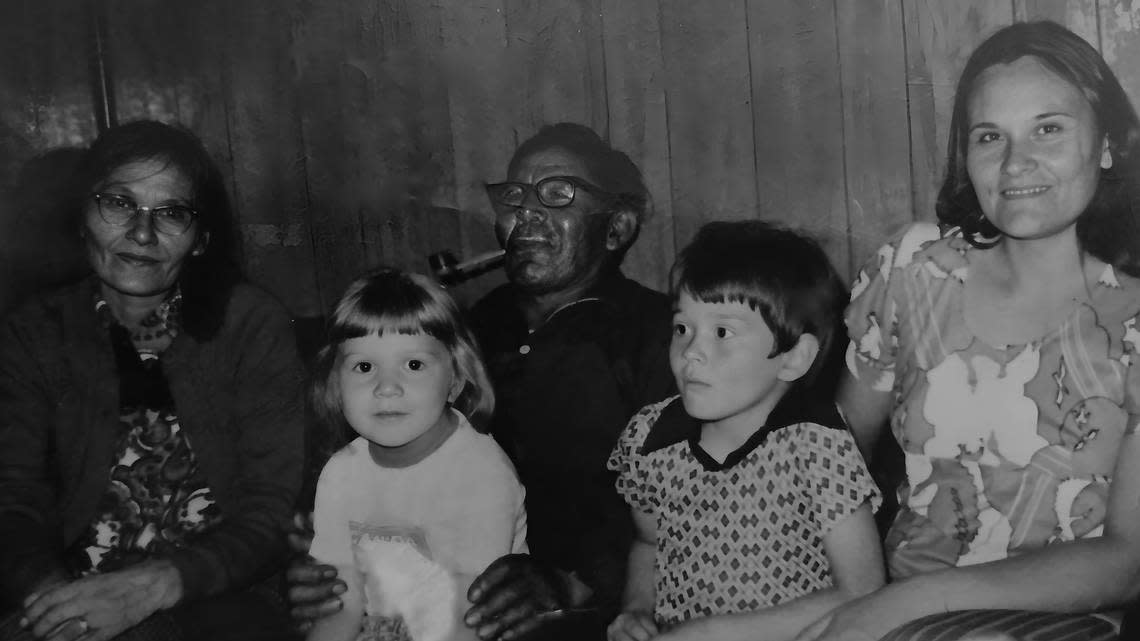Cascadia Festival honoree Jules Koostachin unpacks residential school trauma in “WaaPaKe”
Jules Arita Koostachin was in the middle of making “WaaPaKe (Tomorrow),” a documentary about the lasting impact of Canada’s residential school system for the forced assimilation of Indigenous children that gets its name from the Cree word, when a total of 215 bodies were discovered under the Kamloops Residential School in 2021.
“I wanted this to be about the next generation… but things changed,” Koostachin, who’s a member of the Attawapiskat First Nation, said in a phone call with the Bellingham Herald. “We had to include that in the story because it means that there’s still a lot of healing that needs to happen.”
While the last residential schools closed in the late 1990s, the topic is especially relevant today, according to Koostachin, who is the daughter of a residential school survivor herself.
“I think many of us, their children, are getting older and we’re parents or grandparents,” Koostachin said. “So I think it’s definitely time to have the conversation about intergenerational trauma and what that actually means.”
“WaaPaKe” will be shown in Bellingham on Thursday, April 25 to open the Cascadia International Women’s Film Festival, where Koostachin is this year’s featured director. Koostachin said she first felt the need to make the film because she needed to address what being a descendant of survivors meant to her own family.
“For me, the inspiration comes from needing to have the conversation within my own home, within my own family. Being raised by a survivor and then talking about how that experience has impacted me and my family and raising my own kids,” Koostachin said.

Koostachin’s previous film, “Broken Angel,” was a drama. But to tackle the topic of residential schools, the Vancouver-based filmmaker put her PhD in documentary to use.
“I’m a huge documentary nerd,” Koostachin said. “I have my PhD in documentary, or Indigenous documentary practices and protocols. I love documentary. I love playing with the format and doing different things, not just the traditional format of documentary. I like breaking down the fourth wall, having the subject stare through the camera.”
Experimenting with the documentary format allowed the director to tell a more authentic story about the descendants of residential school survivors, she said.
“What does that actually mean to make a film from an Indigenous lens? I think it means including the behind the scenes as well so people know how uncomfortable it is for people to share their truth,” Koostachin said.
The result is an 80-minute film that tells how the impact of residential schools has been passed down to the descendants of survivors. In the film, Koostachin speaks about her own experience, and includes interviews with her mother and her oldest son. But for Koostachin, that was the only way she could do justice to a story that’s so personal to her.
“I’ve always been taught that you need to tell your own story first, before you tell the story of others,” Koostachin said. “And I feel like I’m so close to the story that I would be the best one to share it.”
